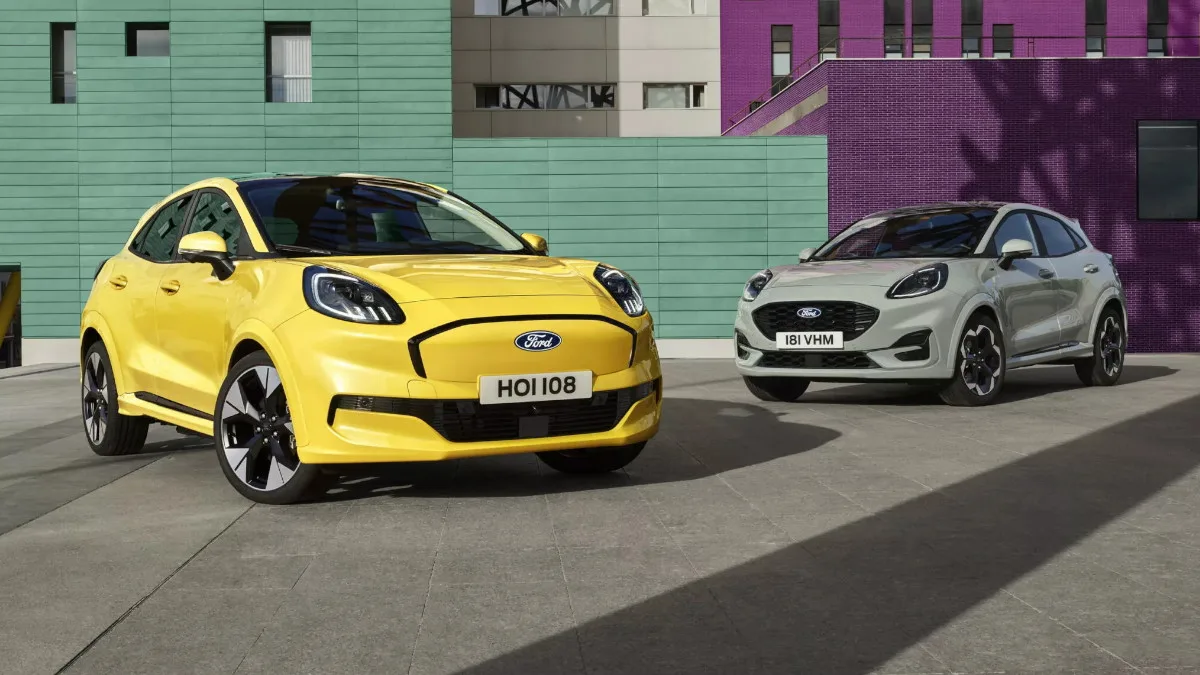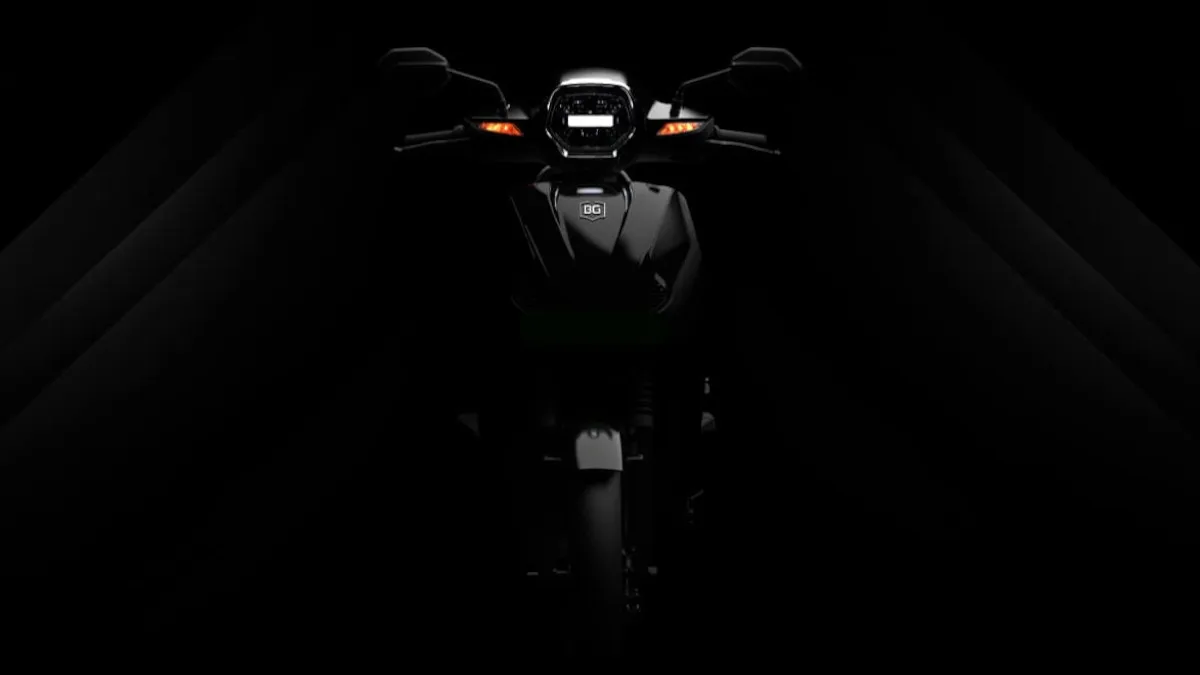Ford has introduced its latest electric vehicle, the Puma Gen-E, to the European market, offering an electrified alternative to the popular mild-hybrid Puma. This new EV brings ST-like power, an impressive 376 km (234 miles) of range, and enhanced interior versatility, positioning itself as a serious contender in the ever-expanding electric SUV segment.
But can it hold its ground against rivals like Stellantis’s EV lineup or the upcoming Renault 4 E-Tech? Let’s explore what the Puma Gen-E offers.
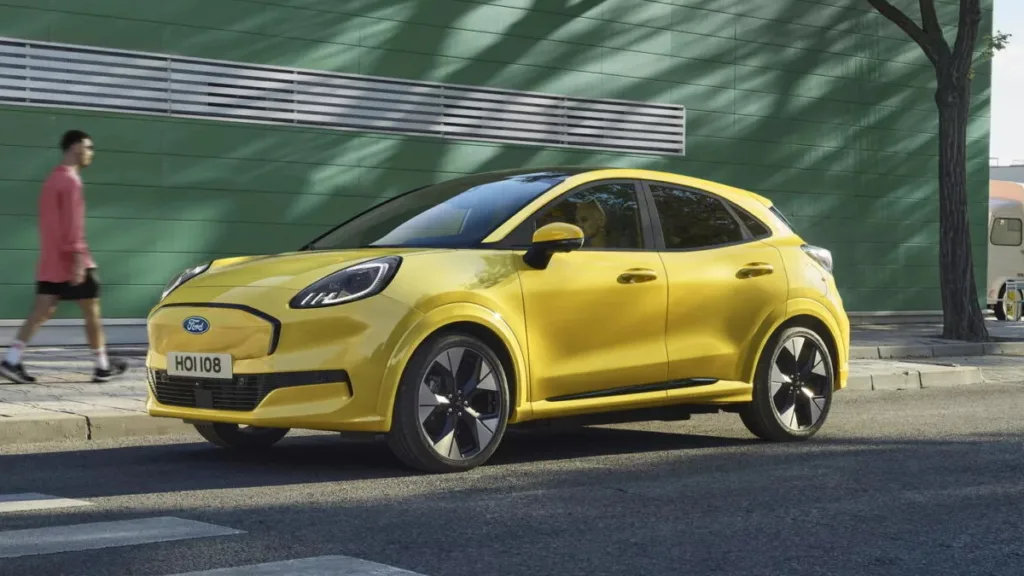
Power and Performance: A Balanced Approach
Built on the same platform as the Ford Fiesta, the Puma Gen-E features a front-mounted electric motor delivering 166 hp (124 kW) and 290 Nm (214 lb-ft) of torque. While this is slightly less powerful than the hybrid Puma ST, the Gen-E offers a notable 42 Nm increase in torque. However, its 1,553 kg (3,426 lbs) weight, due to the 43 kWh battery, makes it heavier and results in a 0-100 km/h (0-62 mph) time of 8 seconds—0.6 seconds slower than the ST. Its top speed is capped at 160 km/h (99 mph), underscoring its urban focus.
Ford estimates the range between 347-376 km (216-234 miles) per charge, which falls short of competitors like the Jeep Avenger and Peugeot E-2008, equipped with larger 50-54 kWh batteries. Despite its smaller battery, the Puma Gen-E achieves a commendable efficiency of 13.1 kWh/100 km, offering good value in energy consumption. Fast charging capability allows the battery to go from 10% to 80% in about 23 minutes using a 100 kW DC charger.

Design: A Mustang-Inspired Facelift
The Puma Gen-E stands out with its refreshed exterior, featuring a closed-off grille and redesigned bumper reminiscent of the Mustang Mach-E. New alloy wheels and a subtle rear spoiler further differentiate the EV from its internal combustion engine (ICE) counterpart. Notably absent are tailpipes, reinforcing its electric identity.
The interior prioritizes practicality. A larger cargo space offers 574 liters (20.3 cubic feet) in the boot, complemented by a 43-liter (1.5 cubic feet) frunk—ideal for storing charging cables. Additionally, Ford has upsized its underfloor storage, now called the “Gigabox.”
The cabin layout mirrors the standard Puma, with a 12.8-inch digital instrument cluster and a 12-inch infotainment touchscreen, both part of the recent mid-cycle update. The EV variant adds a raised center console with extra storage space, utilizing the absence of a traditional gearbox.

Pricing and Market Position
Produced at Ford’s Otosan plant in Craiova, Romania, with electric drive units sourced from Halewood, UK, the Puma Gen-E is already available for order, with deliveries expected by spring 2025. In Germany, it starts at €36,900 ($38,800), making it Ford’s most affordable EV in Europe. For comparison, the mild-hybrid Puma starts at €28,900 ($30,400), while the hybrid Puma ST is priced at €40,600 ($42,700).
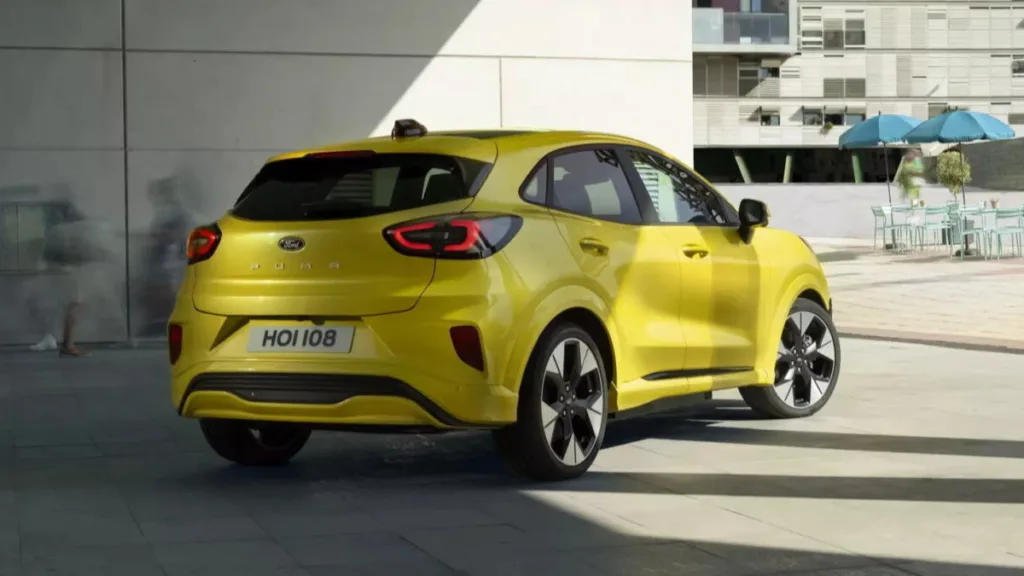
Competitors: A Crowded Field
The Puma Gen-E faces stiff competition from Stellantis’s electric SUVs, including the Jeep Avenger, Peugeot E-2008, Fiat 600e, and Opel Mokka Electric. Other notable rivals are the Renault 4 E-Tech and the Mini Aceman, each vying for a slice of the growing sub-compact EV market.
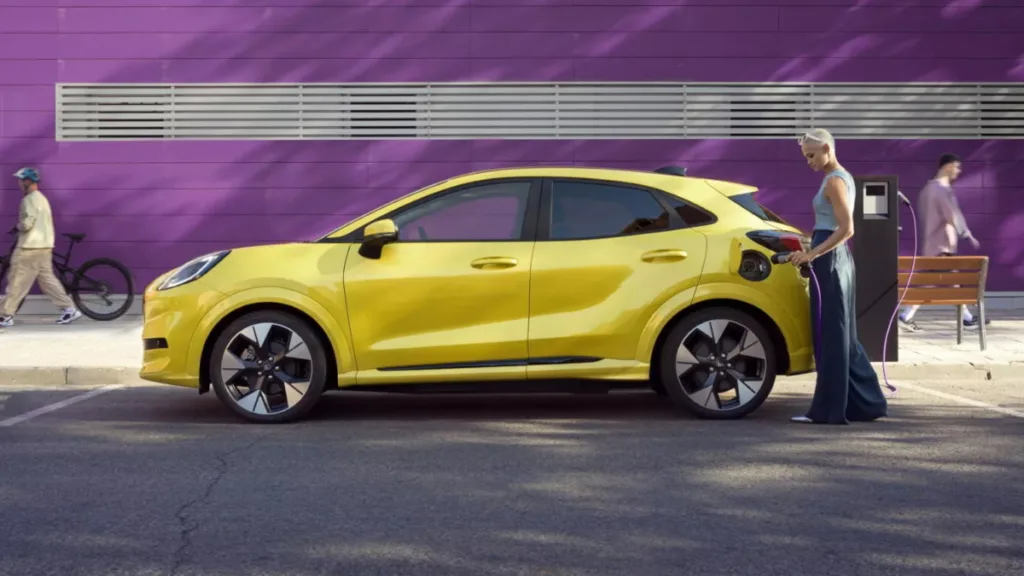
Conclusion
Ford’s Puma Gen-E offers a solid blend of practicality, efficiency, and design. While it may not outshine some rivals in terms of battery size or performance, its competitive pricing, Mustang-inspired styling, and everyday usability make it an appealing choice for those looking to transition to electric driving without compromising on comfort or versatility.
Discover more from Wheels Craze - Automotive News, EV News, Car News, Bike News
Subscribe to get the latest posts to your email.


